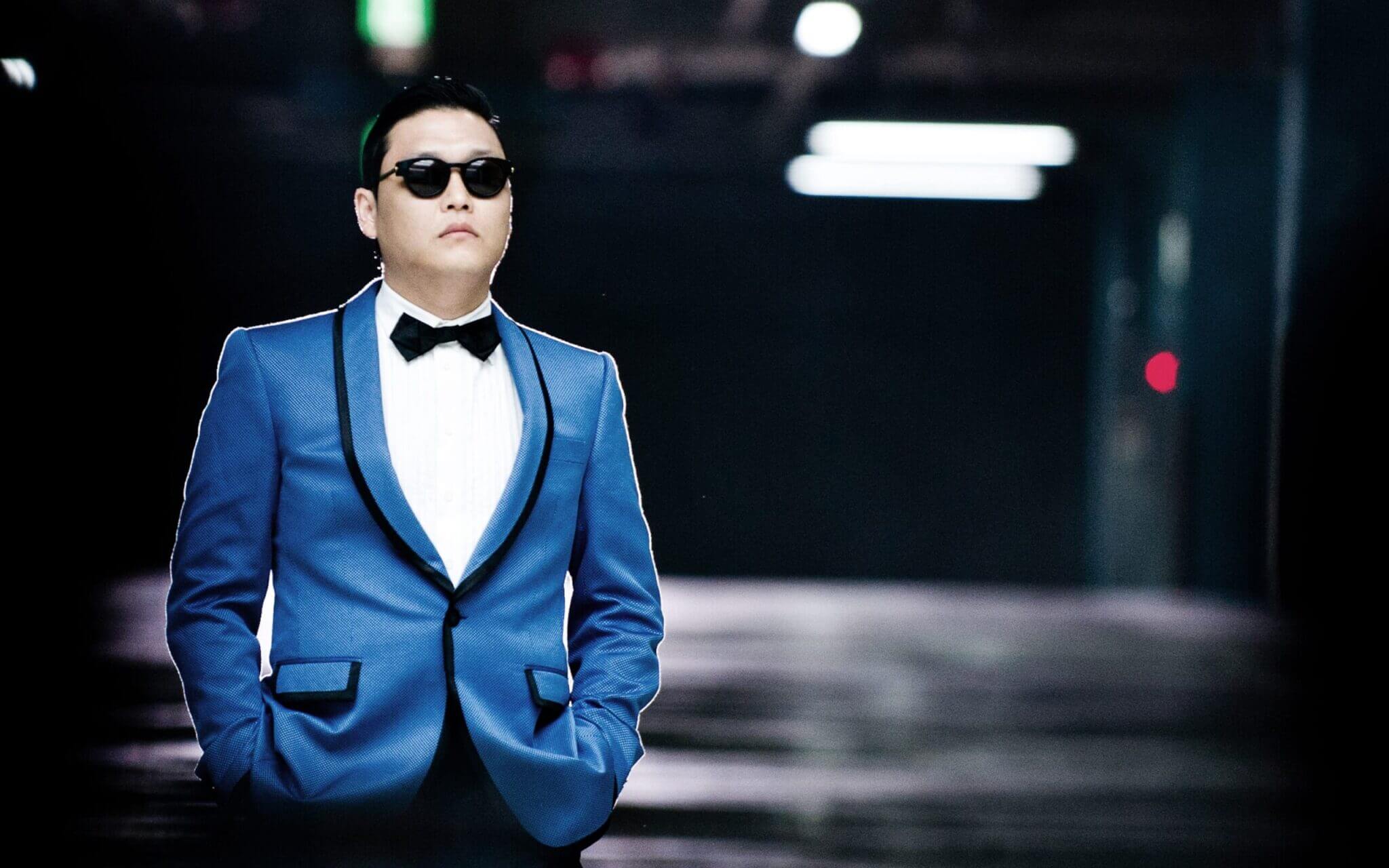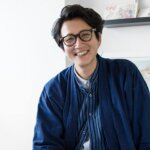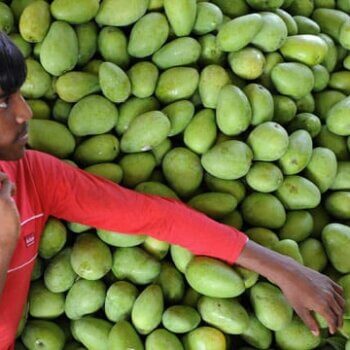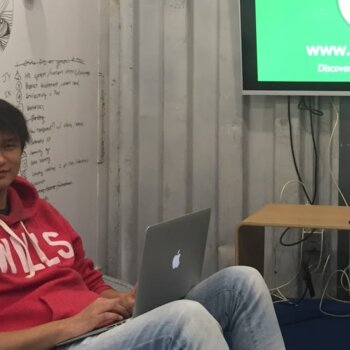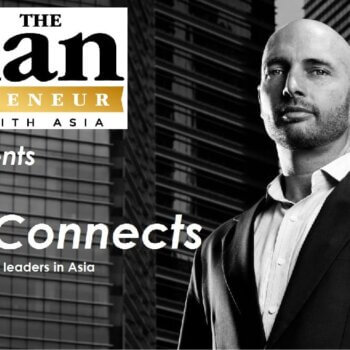Founding and establishing a successful business in your home nation is an exceptional achievement. Taking your business global, securing partners, hiring a local team and navigating unfamiliar legislation is even more challenging.
Hedging ambitious bets on global success, an army of Korean startup founders forged overseas business expansion missions in 2015, betting big on overseas opportunity. While the odds were against them (around 90% of startups fail in the first two years alone) Korea’s relatively small domestic population of 53 million means that for many local startups global expansion is the only option to achieve massive scale.
In 2015 many of Korea’s global focused startups had an ace up their sleeve. The country’s Institute for Startup and Entrepreneurship Development (KISED), an organization funded by Korea’s Small and Medium Business Administration, selected and supported fifty startups for three months of total immersion overseas. Partnering with 12 accelerators across the globe, KISED’s program aimed at providing financial and practical support, as well as local connections overseas.
Several in this group are now putting down roots in their respective locations or have established overseas partnerships. For some KISED has even provided additional financial support to cover expenses like overseas incorporation and establishment of local operations.
While support that ultimately plants some of the most promising young companies overseas may seem counter intuitive for the Korean economy, the hope is that these ambassadors will increase the global network value for Korean entrepreneurs. As success often comes down to who you know, KISED’s strategy looks likely to pay dividends.
The initiative also addresses another problem. The pool of experienced entrepreneurs locally who have the skills and knowledge to coach their compatriots to overseas success is small. While there have been several examples of recent startup success in the local market, like Coupang, Baedal Minjeok, Memebox and KakaoTalk, international startup success cases are hard to find.
By supporting Korean founders to expand overseas, KISED is helping to build a pool of Korean founders with international experience that future generations of Korean startups will have access to.
Here we take a look at some of the KISED supported startups from 2015 that have made headway overseas. For reference purposes each startup is linked both to their official website and a short company explainer.
Singapore is a natural springboard for Korean startups entering fresh markets in Southeast Asia and Adval were the local KISED partner supporting them. Three startups from the group made headway during overseas acceleration in this location.
Stripes has built an online platform for men to order custom made suits and shirts. The company immediately hit a chord with investors, raising around USD $1 million in 2014. Sustained, robust growth and successfully establishing a base in Singapore during the KISED sponsored program helped Stripes attract a further USD $4.3 million in November 2015.
NOD BizWare Inc. designs software applications to be used for formal content storage and collaboration in business organizations. ‘NOD CoCo’ is their flagship service, a cloud-based secure content collaboration product integrated with three main functions required for data collaboration including secure chat, storage, and member contacts. By the end of the program in Singapore the company had secured around USD $1 million in funding and launched the service globally on Google Play.
Makestar is a rewards based crowdfunding platform for the entertainment industry. They help up-and-coming celebrities raise money for projects, such as concerts and new album launches. During the program in Singapore they secured initial funding and opened discussions with a number of large corporate groups for further capital injections and expansion into the Southeast Asia region. One of their standout success cases saw a project raise its goal of USD $500 thousand in just three hours in December 2015.
Y Accelerator is an acceleration program from Sheffield, England that was designed specifically for KISED in 2015. Established by Dabriel Choi a Korean entrepreneur who saw an opportunity to support Korean startups with market entry to the UK and Europe Y Accelerator aims to connect the manufacturing heartland of the UK with Korean hardware startups. Three startups involved in the program established local legal entities in the UK and are working towards full UK operations in early 2016.
Ultimate Drone has developed a next generation drone called ‘UD – 10X’. A major leap forward in drone technology, the UD-10X is a revolutionary high-powered, multi-rotor commercial drone. It boasts superior payload capacity compared to others on the market. It also features increased stability and endurance and according to Choi from Y Accelerator is able to outperform existing options by a factor of three.
Perfect for the wet British climate, CLEF Innovation (reference document) has designed an innovative umbrella with multi-functional detachable handle and interchangeable covers. Features include a handle that can be used as a portable charger for USB devices, a torch and mood light and a temperature controlled handle for cold weather. Since the umbrella is designed in a modular structure these features can also easily be detached for use as standalone items. Further customizations like adding speakers, radio, attack alarm, etc., are probably next steps.
Netalkers is a business networking platform that connects professionals and facilitates immersive workshops in a secure environment. While other social networks like Facebook enable the creation of user groups, they are not optimized for a business environment.
The Entrepreneurs’ Round Table was KISED’s partner in New York City. One startup from the program incorporated in the US during the program with two others likely to follow suit in early 2016.
Huinno has designed a vital signs measurement system called ‘Memo’ that uses a machine-learning based algorithm based on versatile and proprietary biometric sensors to measure standard non-invasive vital signals. After realising the opportunity for their technology in the USA they have incorporated there and are in the process of building out local operations.
Anyractive and Ediket also saw promise in the US market after their three month stint in New York. Both companies aim to establish US operations in 2016.
Anyreactive has developed a business and educational service that uses Augmented Reality to enhance interaction and communication for presentations, business collaboration and education. Think ‘internet of things,’ whiteboard on steroids.
Like many startups from non-English speaking countries, Ediket is tackling shortcomings in the English proofreading industry and has developed a high quality proofreading service at one-third the industry standard price with faster than normal response times.
Back in Asia, Global Startup Network, who run startup acceleration programs in both India & Vietnam, hosted a number of startups from the KISED program.
Telestar has developed a state-of-the-art, user oriented IPCC solution for call centers. leveraging over a decade of experience operating call centers, Telestar’s solution can be customised to suit any client’s dynamic marketing environment. As an all-in-one service it has been designed to keep initial capital expenditure and maintenance costs low without compromising on quality. Having spent three months in the heartland of call centres, Bangalore India, Telestar formed a [confidential] partnership with a local corporation and is exploring other business interests in Chennai.
Kostevia (reference document) has pioneered imports of the non-caloric sweetener, stevia, into the Korean market to provide diabetics with a natural and safe alternative sweetener. Stevia is native to South America and KoStevia’s CEO Joo-Hyung Lee was inspired to found the company when he came across the product in Singapore. During their acceleration program in Vietnam KoStevai established a legal entity and secured initial purchase orders (POs) from a number of local companies.
Earing realised that there is an unavoidable 20 second lead time when selecting and starting to listen to files, like music, on the go. Capitalising on this, they have developed a mobile marketing solution that delivers audio messages and push notifications to smartphone users. Their SDK allows clients to plug Earing into their native apps and generate audio advertisements for users who access them.
During their overseas program in Shanghai they signed a partnership with Dragonfly FM, one of the biggest radio stations in China.
Creative Bomb developed Boto, a learning app for children. Boto aims to boost toddler’s cognitive ability, promote creativity, all while having fun. It is themed on the adventures of the cute pink dolphin, BOTO and various marine creatures.
While ‘edutainment’ for kids is a crowded space in China Creative Bomb worked tirelessly to fine-tune their biz model for the Chinese market and conducted promotional activities to gain exposure. Thanks to a road show in China and regular appearances at local events Creative Bomb secured extensive coverage in newspapers and live broadcasts.
This article was written by Nathan Millard of G3 Partners. see more.
